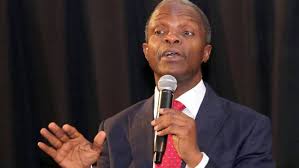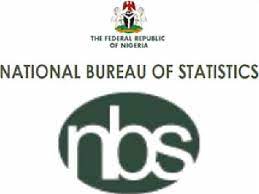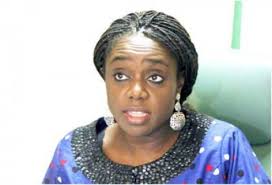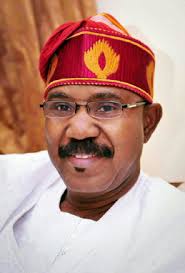Nigeria’s Vice President, Prof. Yemi Osinbajo, on Wednesday departed Abuja for the United States (U.S) to seek global partnerships and support for Nigeria’s recently inaugurated Energy Transition Plan.
The Senior Special Assistant to the President on Media and Publicity Office of the Vice President, Laolu Akande, gave this hint in a statement which indicated that the Vice President led a team of the Nigeria’s Energy Transition Implementation Working Group (ETWG) on the U.S trip for meetings with the potential partners.
Others in the Vice President’s entourage to the U.S are, Minister of Finance, Budget and National Planning, Mrs. Zainab Ahmed; Minister of Works and Housing, Mr. Babatunde Fashola; Minister of Power, Malam Abubakar Aliyu; and Minister of Environment, Mohammed Abdullahi.
The team also comprises Minister of State for Petroleum Resources, Timipre Sylva and the Special Representative of the UN Secretary General/CEO for Sustainable Energy for All, Damilola Ogunbiyi.
The meetings, which will commence tomorrow, are aimed at promoting the Energy Transition Plan by canvassing support for its implementation from the U.S. government, the private sector, and other development partners.
While in the U.S, Osinbajo will meet the U.S Vice President, Kamala Harris, U.S Secretary of Energy, Jennifer Granholm, Secretary of Treasury, Janet Yellen, and President of World Bank Group, David Malpass.
In addition, he is also scheduled to speak on the Energy Transition Plan at the Centre for Global Development in Washington DC.
The Nigeria’s Energy Transition Plan, which was inaugurated penultimate week at a global virtual event, is a data-backed and multi-pronged strategy developed for the attainment of 2060 net-zero carbon emissions.
The Plan’s commitments, which requires $410 billion to achieve its targets by 2060, are in five critical sectors, namely Power, Cooking, Oil and Gas, Transport and Industry.
For effective implementation, the Plan needs at least $10 billion yearly above business as usual spending.
During the inauguration, the World Bank and a renewable energy organization, Sun Africa pledged $1.5 billion each for the kick off of the Plan’s implementation




